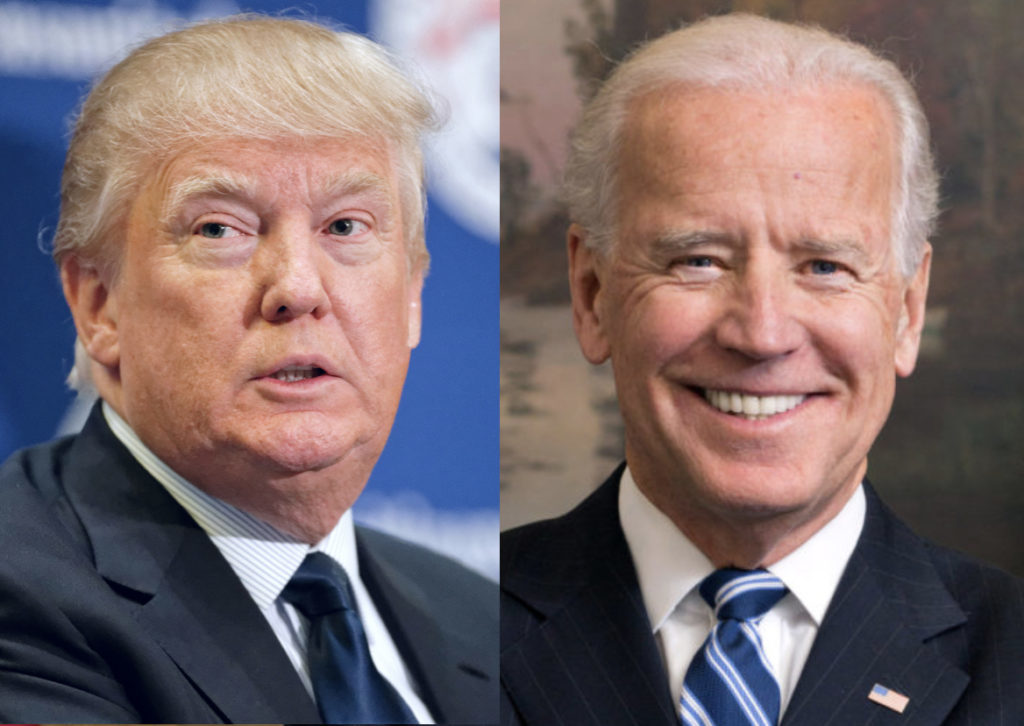October surprise!

We’re now just a week into October, and there’s already been a lot of debate about whether we’ve seen the “October surprise” that could upend the election. Is it the Herschel Walker scandal? Is it President Biden’s big move on marijuana? Is it the upcoming January 6th public hearing? Is it something else?
Keep in mind that the concept of an October surprise dates back to a generation ago, when there were no cable news channels, no social media networks, no internet based news outlets, and a newspaper was something that landed on your porch and told you what happened yesterday. There were a lot fewer people working in political journalism, and a lot fewer ways for political secrets to become public. So it was a lot easier for one story to emerge a month before an election and tilt everything on its head.
Also, back in those days, it could take a month for a political story to reach critical mass. It took that long for news to spread. Something huge would happen on Monday evening, and most of the public wouldn’t even begin to hear about it until Tuesday morning. There’s a reason it’s always been called an October surprise and not a November surprise; if it surfaced at the very last minute, it wouldn’t have had time to spread through traditional methods of news reporting.
But we’re now in a very different era. Political news breaks constantly, and usually by a different news outlet each time. It’s trending within minutes, and most people hear about it within hours. The decentralized nature of modern political narratives makes it more difficult for any one bombshell to end up definitively swaying an election. This is underscored by the fact that the first week of October alone has already seen multiple “October surprise” candidates.
Of course there has really only been one definitive October surprise in the modern era, and that was the James Comey letter in the 2016 election. But that was unique in the sense that the entire mainstream media had already spent every day hyping the phony “Hillary email scandal” for a year and a half, and so most persuadable voters believed it was a real thing. When the Comey letter surfaced at the last minute, the public (falsely) saw it as confirmation of a storyline that had already dominated the media’s coverage throughout that entire election cycle.
Most modern elections don’t have a single media narrative that dominates the entire election cycle from start to finish. And by the way, given that Donald Trump – the most scandalous person in U.S. history – was the other candidate, it’s even more unbelievable that the entire media spent that entire election cycle focusing almost solely on something as small and stupid as his opponent having supposedly used email incorrectly.
But the point is that, absent an entire election cycle being hijacked by a singular narrative such as Hillary’s emails, it’s difficult for any “October surprise” to show up at the last minute that upends everything. Here in the 2022 election cycle, there hasn’t been a single dominant media narrative to date, so there’s no foundation for an attempted October surprise to capitalize on, so to speak.
There is also the reality that this is a midterm election, without any presidential candidates on the ballot, and so the focus is instead spread across the roughly one thousand people who are collectively running for House and Senate.
In reality, while anything is possible, there probably won’t be one definitive October surprise in the 2022 election cycle. Instead there will continue to be multiple “October surprises” happening each week, pulling things in opposite directions, competing with each other for headlines, and probably mostly just canceling each other out. This looks like it’s going to be a close midterm contest, and close races are typically decided by the side whose activists get out there and put in the most work. Let’s get to work on volunteering, phone banking, spreading candidate donation links, and helping drive voter turnout, so the “October surprise” can be that we win the midterms simply by working harder than the other side.
